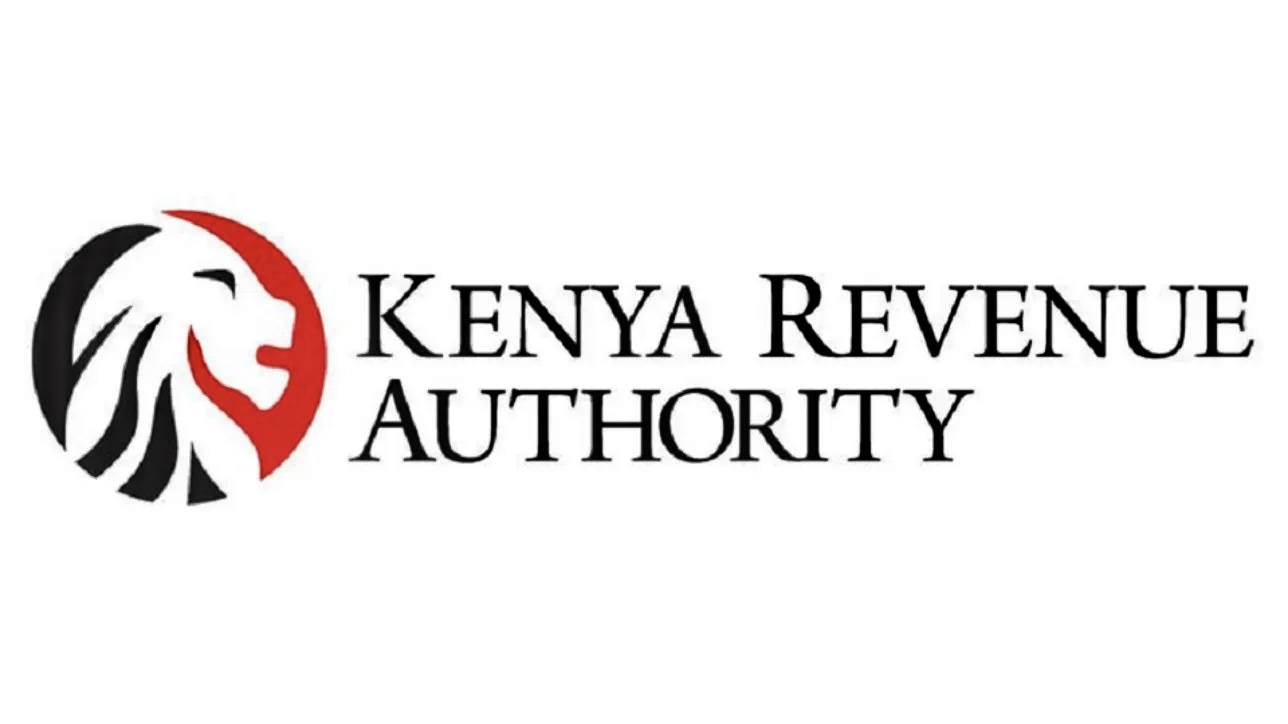
The Kenya Revenue Authority (KRA) is planning a major change in how it values used cars for tax purposes. The new method, called the Transaction Value, will replace the Current Retail Selling Price (CRSP). This shift aims to follow international and regional practices and improve the accuracy of vehicle valuations.
The shift to Transaction Value could have varied economic impacts. Importers may see changes in their tax liabilities depending on how transaction values compare to the Current Retail Selling Price (CRSP). This could potentially lower market prices for used vehicles if transaction values are generally lower, benefiting consumers. However, KRA’s revenue collection could fluctuate based on these values. Accurate valuations are anticipated to improve compliance and reduce fraud, stabilizing or potentially increasing revenue collection over time.
Why the Change?
This change from Current Retail Selling Price (CRSP) to Transaction Value is based on several important factors:
- Legal Compliance: A court ruling (Petition 190 of 2018) and Article 47 of the Kenyan Constitution require it.
- International Standards: It aligns with the World Trade Organization’s (WTO) General Agreement on Tariffs and Trade (GATT) 1994.
- Regional Practices: It follows the East Africa Community (EAC) rules, which recommend using the Free On Board (FOB) values for used cars.
Benefits of Using Transaction Value
- Accurate Valuations: The Transaction Value reflects the actual price paid for the vehicle, making the tax assessment more precise.
- Reduced Disputes: With a more accurate valuation method, there should be fewer disagreements between importers and KRA.
- Transparency and Consistency: This method brings Kenya in line with international standards, making trade practices clearer and more predictable.
Economic and Operational Impacts
- Impact on Importers and Consumers: Importers might pay different taxes based on the actual transaction values. This could potentially lower the market prices for used cars if the transaction values are less than the Current Retail Selling Price (CRSP).
- Revenue Collection: The impact on tax revenue will depend on the difference between transaction values and Current Retail Selling Price (CRSP). Accurate valuations might improve compliance and reduce fraud.
- Operational Adjustments: KRA will need to update its systems and train staff. Importers will need to provide detailed documentation of their transactions.
Despite the anticipated benefits, the shift to using Transaction Value for valuing used motor vehicles also presents potential challenges. Increased administrative burdens for importers, the risk of under-declaration and fraud, revenue uncertainties, and market disruptions are significant concerns. Additionally, implementation challenges such as system overhauls and stakeholder resistance could complicate the transition. Ensuring robust verification processes and effective stakeholder engagement will be crucial to mitigating these risks and achieving a smooth implementation.
Public Participation and Stakeholder Engagement
KRA is seeking input from the public on this proposed change. Comments can be submitted by August 31, 2024. Here’s how you can provide your input:
- Mail: Send comments to the Commissioner Customs & Border Control, Kenya Revenue Authority, P.O. Box 48240-00100, Nairobi.
- Email: Send comments to valuation@kra.go.ke and tradefacilitation@kra.go.ke.
KRA will also hold meetings with stakeholder groups in September and October in Mombasa and Nairobi to discuss the changes in detail. More information about these meetings will be available on the KRA website.
Conclusion
The proposed shift from CRSP to Transaction Value for the valuation of used motor vehicles marks a significant development in Kenya’s customs valuation practices. By aligning with legal requirements and international standards, KRA aims to enhance accuracy, transparency, and compliance in vehicle importation processes. Public participation and stakeholder engagement will be crucial in ensuring a smooth transition and addressing any concerns related to this change.




